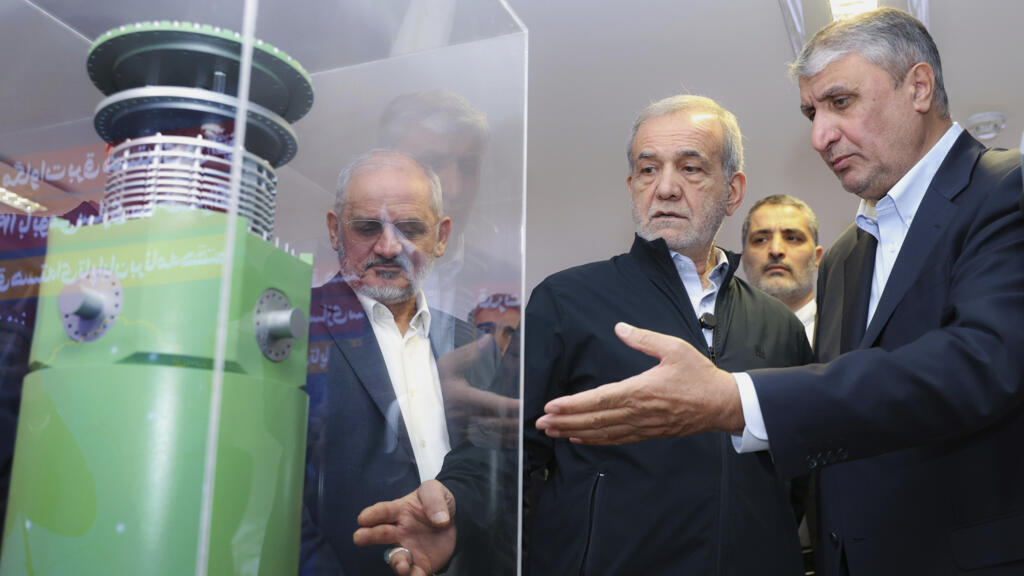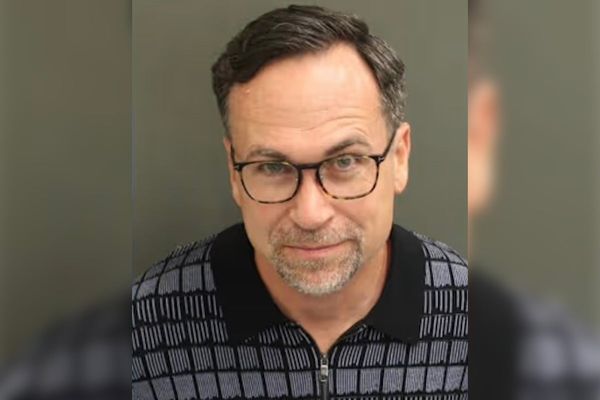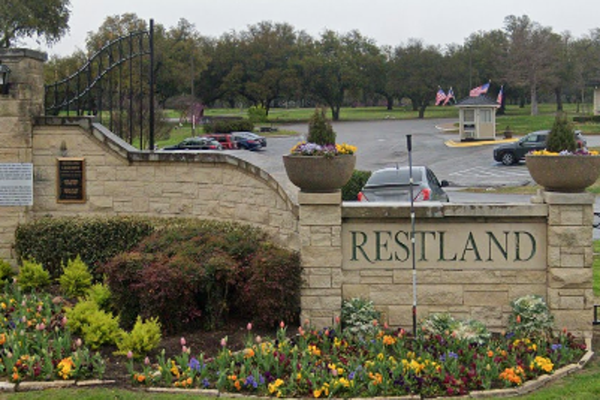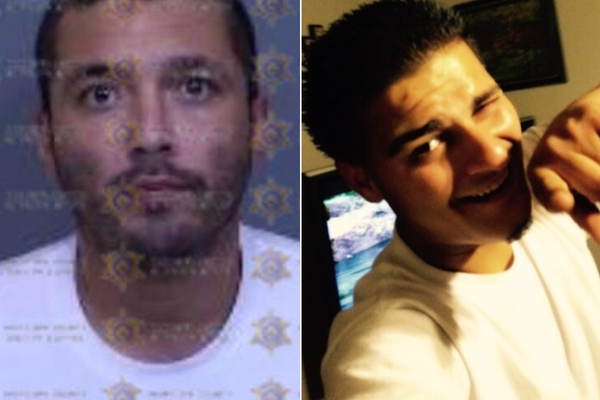
Iran has marked the anniversary of the 2015 nuclear deal by declaring and end to restrictions on uranium enrichment, but has pledge its commitment to diplomacy.
On the 10th anniversary of the landmark 2015 nuclear agreement, Iran announced that it is no longer bound by the deal’s restrictions, formally drawing a line under a pact that once symbolised rare cooperation between Tehran and the world’s major powers.
In a statement released on Saturday – exactly a decade to the day since the Joint Comprehensive Plan of Action (JCPOA) was signed in Vienna – Iran’s foreign ministry said that “all of the provisions, including the restrictions on the Iranian nuclear programme and the related mechanisms, are considered terminated.”
Yet even as Tehran celebrated what it called the “termination day” of the accord, it struck a notably measured tone, insisting it “firmly expresses its commitment to diplomacy.”
Iran denounces 'unjustifiable' return of UN nuclear sanctions
France’s hand in nuclear diplomacy
The announcement marks the end of a turbulent chapter in Iran’s nuclear history. The original 2015 deal had been hailed as a diplomatic triumph, crafted painstakingly over two years of negotiations between Iran and six world powers: China, Russia, the United States, Britain, Germany – and crucially, France, whose diplomats played a central role in brokering compromises on uranium enrichment and verification.
Paris, under then–Foreign Minister Laurent Fabius, was seen as one of the toughest negotiators in the Vienna talks, insisting on strict limits and oversight to prevent any military dimension to Iran’s nuclear work.
Those efforts helped clinch the final deal that was later endorsed by the UN Security Council through Resolution 2231.
But the accord began to unravel in 2018, when US President Donald Trump pulled Washington out of the deal and reimposed sweeping sanctions. Iran gradually rolled back its commitments in response, enriching uranium far beyond the 3.67 percent cap agreed under the pact.
According to the International Atomic Energy Agency (IAEA), Iran is now enriching uranium to 60 percent purity – just below weapons-grade – though Tehran continues to insist its nuclear programme is entirely civilian, focused on energy and medical research.
Iran and Europe in last-ditch push to avert UN sanctions showdown
European stance reignites tensions
The final blow came last month when, at France’s initiative alongside Britain and Germany, the United Nations reimposed broad sanctions on Iran for the first time in a decade. The move effectively rendered the nuclear deal defunct ahead of its scheduled expiration this weekend.
In a letter to the UN, Iranian Foreign Minister Abbas Araghchi described the European action as “irresponsible” and claimed that, with the JCPOA’s expiry, those sanctions are now “null and void.”
Tehran also accused the three European powers of undermining a recent attempt to restart cooperation with the IAEA – talks that had reportedly been taking place under a framework agreed in Cairo earlier this year. “Iran’s efforts to revive the exchanges... were sabotaged by the irresponsible actions of the three European countries,” the foreign ministry said.
Diplomatic tensions have been further inflamed by the fallout from the July conflict between Iran and Israel, which saw Israeli strikes on Iranian nuclear facilities and a fierce retaliatory response from Tehran.
In the aftermath, Iran suspended cooperation with the IAEA, saying the agency had failed to condemn attacks on its infrastructure.
Iran says Europeans have no right to reimpose sanctions for nuclear programme
Open door to talks
For many in Tehran, the symbolic timing of Saturday’s announcement – coming precisely a decade after the deal was clinched – was no coincidence. It served as both a message of defiance and a reminder of what was once possible through negotiation.
Despite the rhetoric, Iran’s leaders appear keen to leave the door open to renewed talks. “Commitment to diplomacy” remains a recurring phrase in official statements, suggesting that while the JCPOA may be dead, the spirit of dialogue – that hallmark of the 2015 Vienna accord – has not entirely vanished.
Whether France and its European partners will take Tehran up on that offer, however, remains to be seen.
Paris has long positioned itself as both a critic of Iran’s nuclear advances and a potential bridge back to talks.
(With newswires)







